Thieu Trung commune youth volunteer team guides and supports people in carrying out administrative procedures.
Many people, especially young people, have enthusiastically shared screenshots of the VNeID application with new address information, along with status lines showing off their "upgrade" from commune to ward, or updated their hometown to a "better" one, posting them publicly on Facebook, Zalo, and TikTok as "proof" of the change. Those seemingly harmless photos pose a risk of personal information being leaked. And before they realize the consequences, many people have put themselves in a passive position.
For example, in the case of Mr. Nguyen Quang Tung, he used to live in An Hung ward (old), now Hac Thanh ward. After the administrative information was updated on the VNeID application, Mr. Tung immediately took a screenshot of his electronic citizen identification card and showed it off on his personal page with the status line: "Upgraded to a bigger ward, everyone."
The photo received hundreds of interactions. However, in addition to the new address, the photo also shows the full ID number, date of birth, QR code and personal identification code. A friend then gently reminded: "Delete the number or your information will be stolen." Tung was startled and deleted the post, but did not know if anyone had saved the photo yet.
Or the case of Mr. Le Van Toan, Quang Duc commune (old). Recently, on the social network Facebook, an account under his name posted a picture of an electronic citizen identification card displaying full personal identification information, with a status line that was both humorous and suggestive: "From now on, my hometown will change its name, the old commune will only remain in memory...". The content refers to the fact that the residential area was erased from the name of Quang Duc commune, replaced by a new administrative unit, Luu Ve commune, after the merger.
Even if you share it in a cheerful mood and cover up some of the information with a sticker, with just a few basic photo edits, bad guys can still recover and exploit hidden data. This shows that even seemingly harmless "show-off" posts have the potential to leak personal information.
As for Tran Ngoc Minh, currently studying at a university in Hanoi, with permanent residence in Ham Rong ward, a new unit merged from old areas. When the VNeID application updated new information, Minh quickly took a screenshot of the interface and posted it on tiktok with vibrant music , captioning: “My hometown has been upgraded, guys”! The video reached more than 1,000 views in two days. But along with that were dozens of negative comments and annoying messages.
In the era of strong digital technology development, personal information is no longer simply administrative data, but has become a valuable "digital asset" that needs to be protected as part of personal financial and legal security. However, in reality, many social network users still take this issue lightly, carelessly posting images of ID cards or VNeID interfaces without anticipating the possible consequences.
The worrying thing is that in a seemingly harmless photo, there is a lot of sensitive data hidden: ID number, date of birth, personal identification code, permanent address, hometown... and especially the QR code, the direct access portal to the individual's electronic profile. With just a simple scan of the code, bad guys can extract all the information, from there create fake profiles, register for online consumer loans, open bank accounts, or commit fraud in the name of the victim.
People look up new information on electronic citizen identification cards.
In addition, according to warnings from cybersecurity experts, many image restoration tools today are capable of clarifying blurred or temporarily obscured data. Therefore, “hiding numbers for peace of mind” is no longer an effective measure as many people think. In cyberspace, everything once posted is very difficult to control and almost impossible to completely retrieve.
Not only experts, but also authorities have issued warnings, specifically: The Ministry of Public Security has emphasized that personal information is a special type of asset that can be exploited for bad purposes if it falls into the hands of criminals. In fact, many people have become victims of sophisticated tricks such as: Receiving calls impersonating the police, court, bank or electricity company asking to "transfer money for investigation"; having information used to sign illegal financial contracts; having their journey tracked through applications that connect to identity data; or having fake social network accounts created to scam friends and relatives.
Digital technology brings many conveniences, but at the same time, it also poses many challenges in protecting personal identity. "Fun" photos are sometimes easy prey for criminals to take advantage of carelessness to commit illegal acts. Therefore, each citizen is not only a beneficiary of the fruits of digital transformation, but also must be the "first shield" in protecting their own information. Instead of taking photos of applications containing identification information to post publicly, people can choose to notify by word of mouth, text, or share in private groups, absolutely do not publicly disclose QR codes, identification numbers and full addresses on cyberspace. Do not let a click to post become the source of a series of troubles and unpredictable damage.
Article and photos: Tran Hang
Source: https://baothanhhoa.vn/tu-vneid-den-lo-danh-tinh-can-than-voi-trao-luu-tuong-nhu-vo-hai-258843.htm



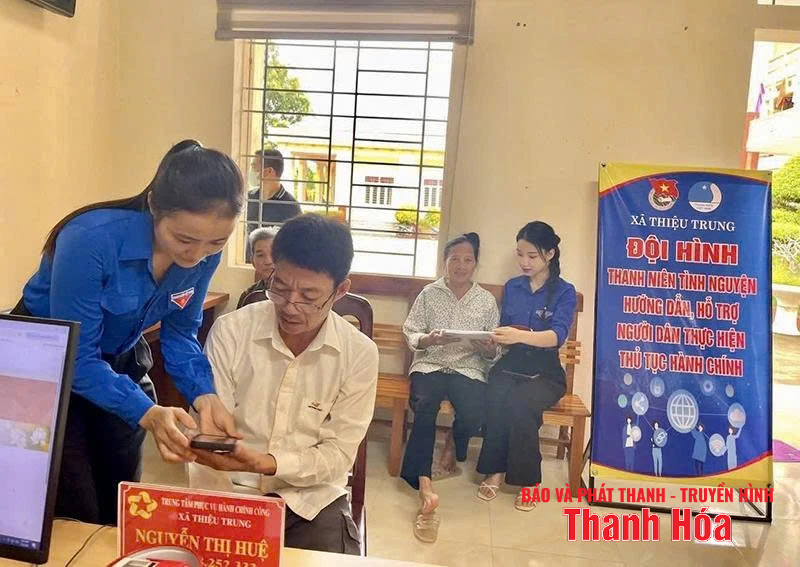
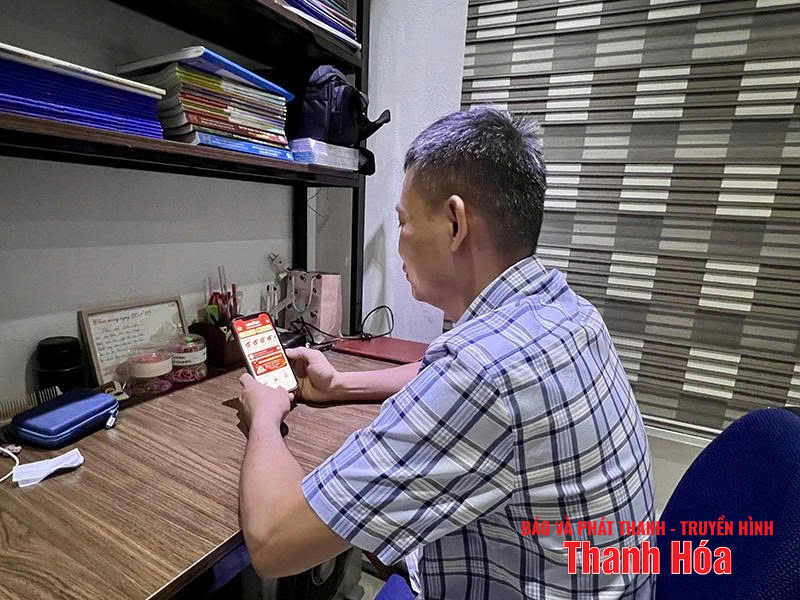



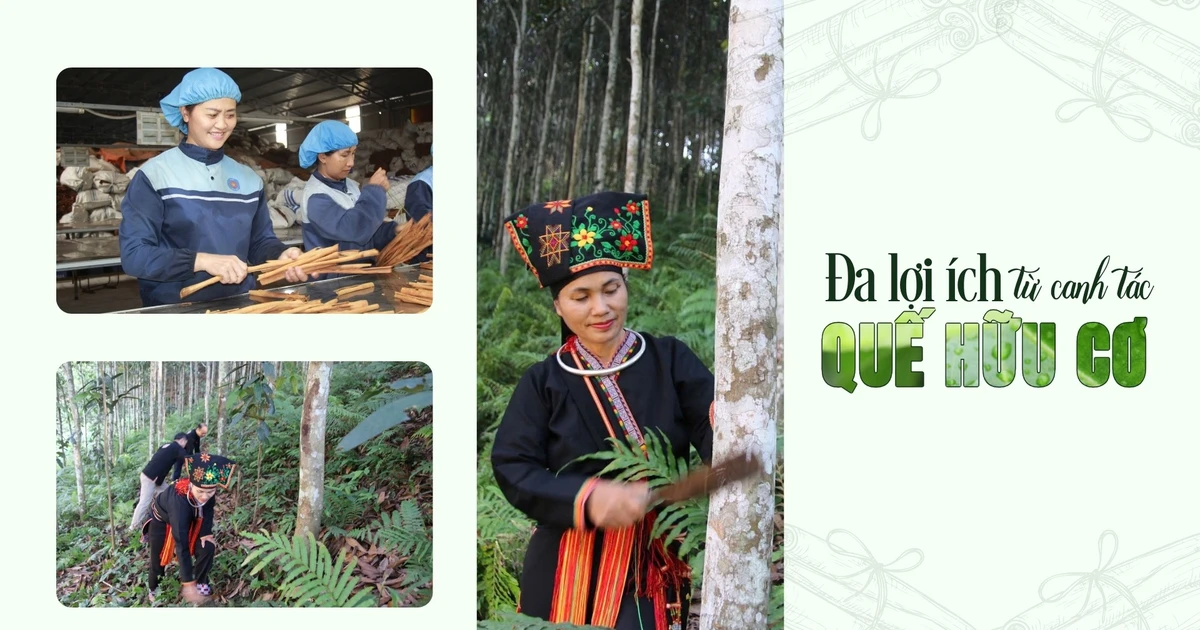



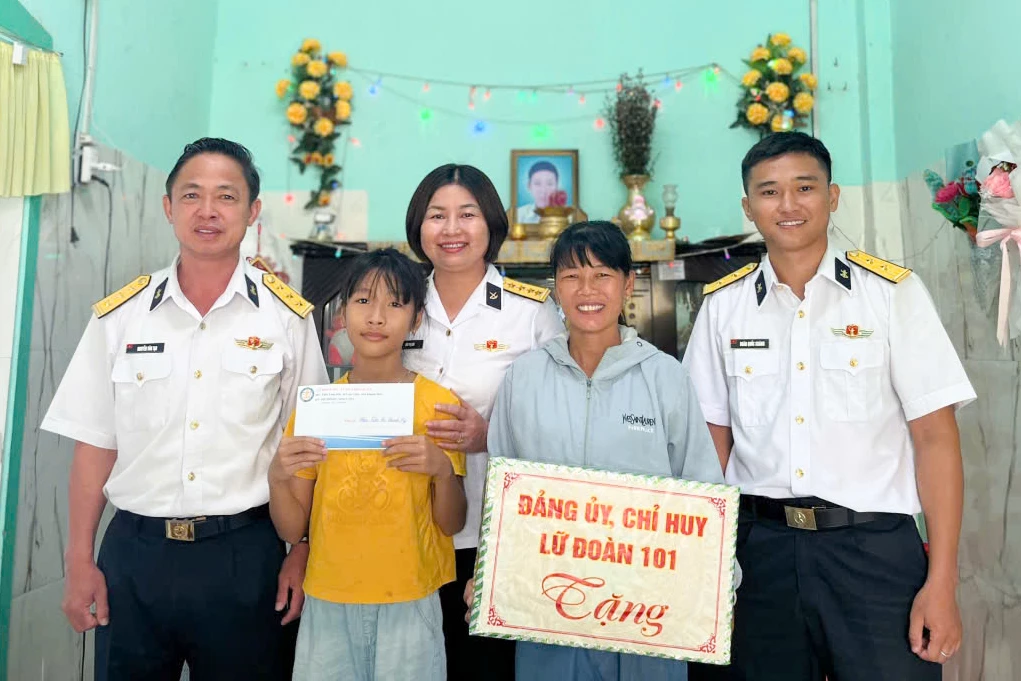
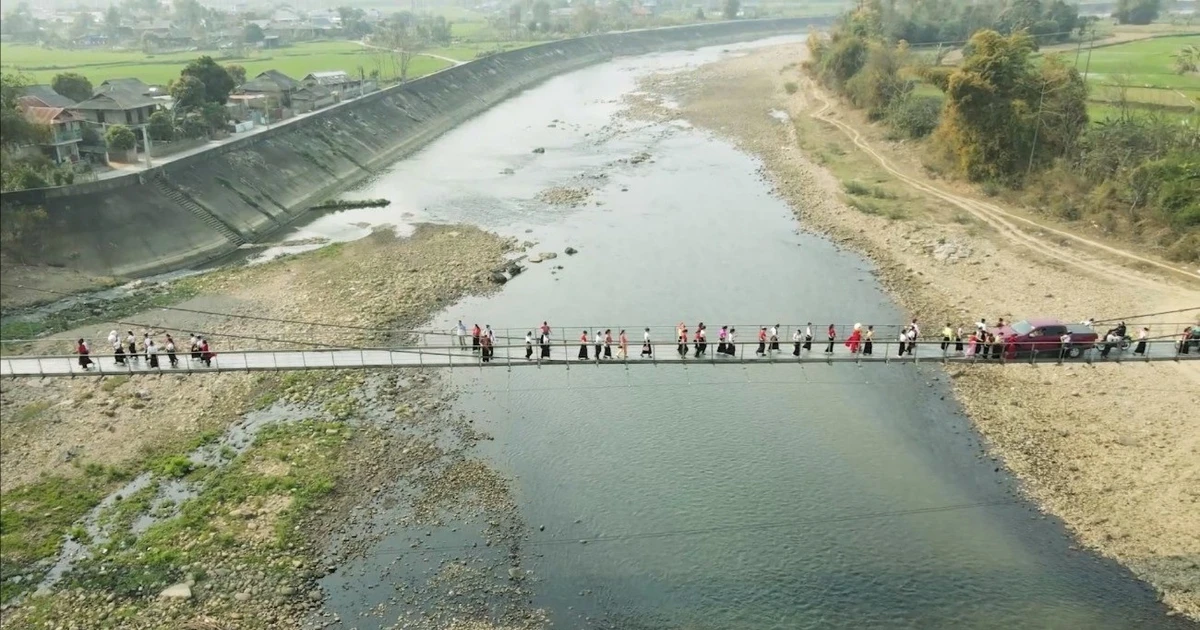
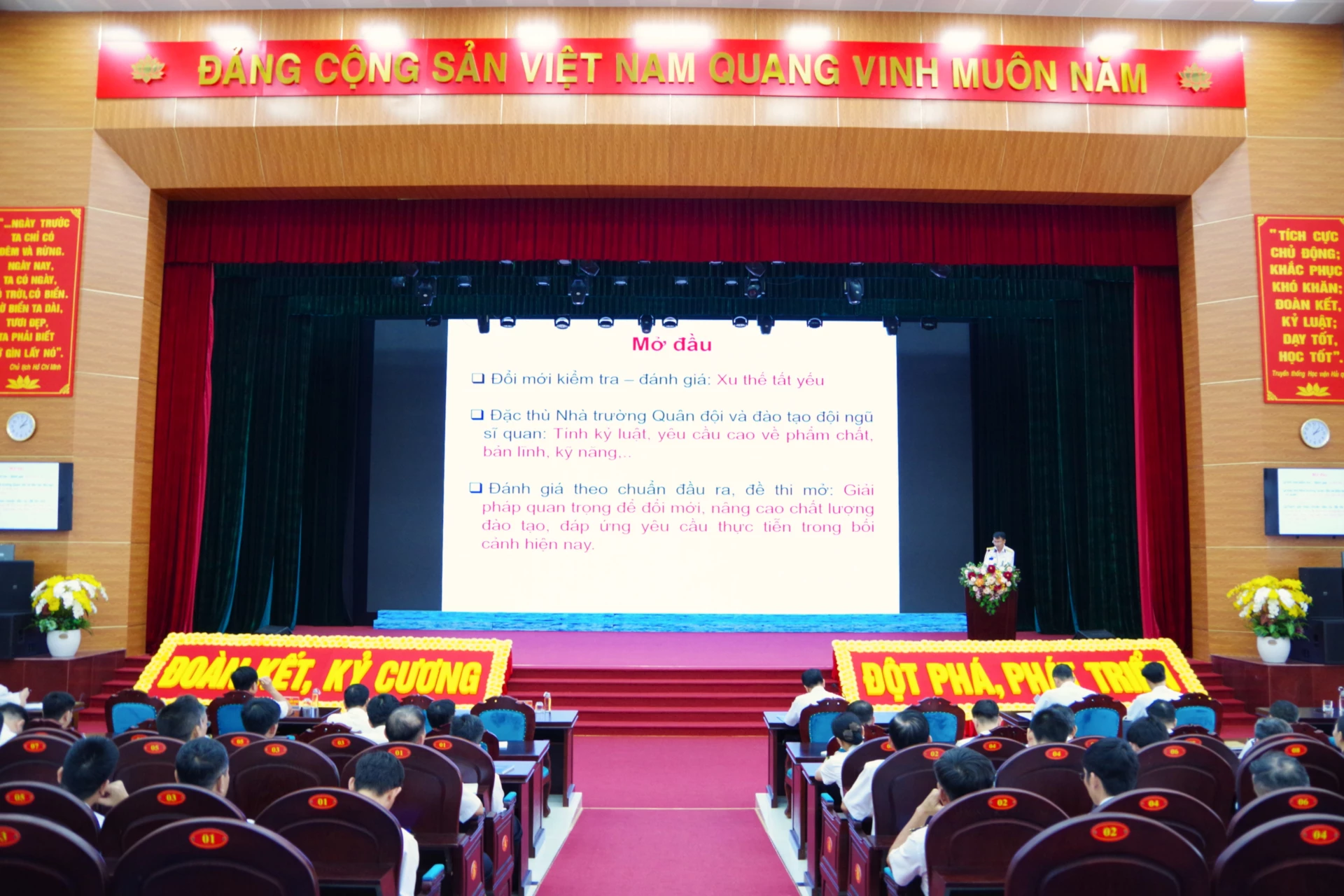












![[Photo] An Phu intersection project connecting Ho Chi Minh City-Long Thanh-Dau Giay expressway behind schedule](https://vstatic.vietnam.vn/vietnam/resource/IMAGE/2025/8/21/1ad80e9dd8944150bb72e6c49ecc7e08)



































![[Photo] Politburo works with the Standing Committee of Hanoi Party Committee and Ho Chi Minh City Party Committee](https://vstatic.vietnam.vn/vietnam/resource/IMAGE/2025/8/21/4f3460337a6045e7847d50d38704355d)

































Comment (0)